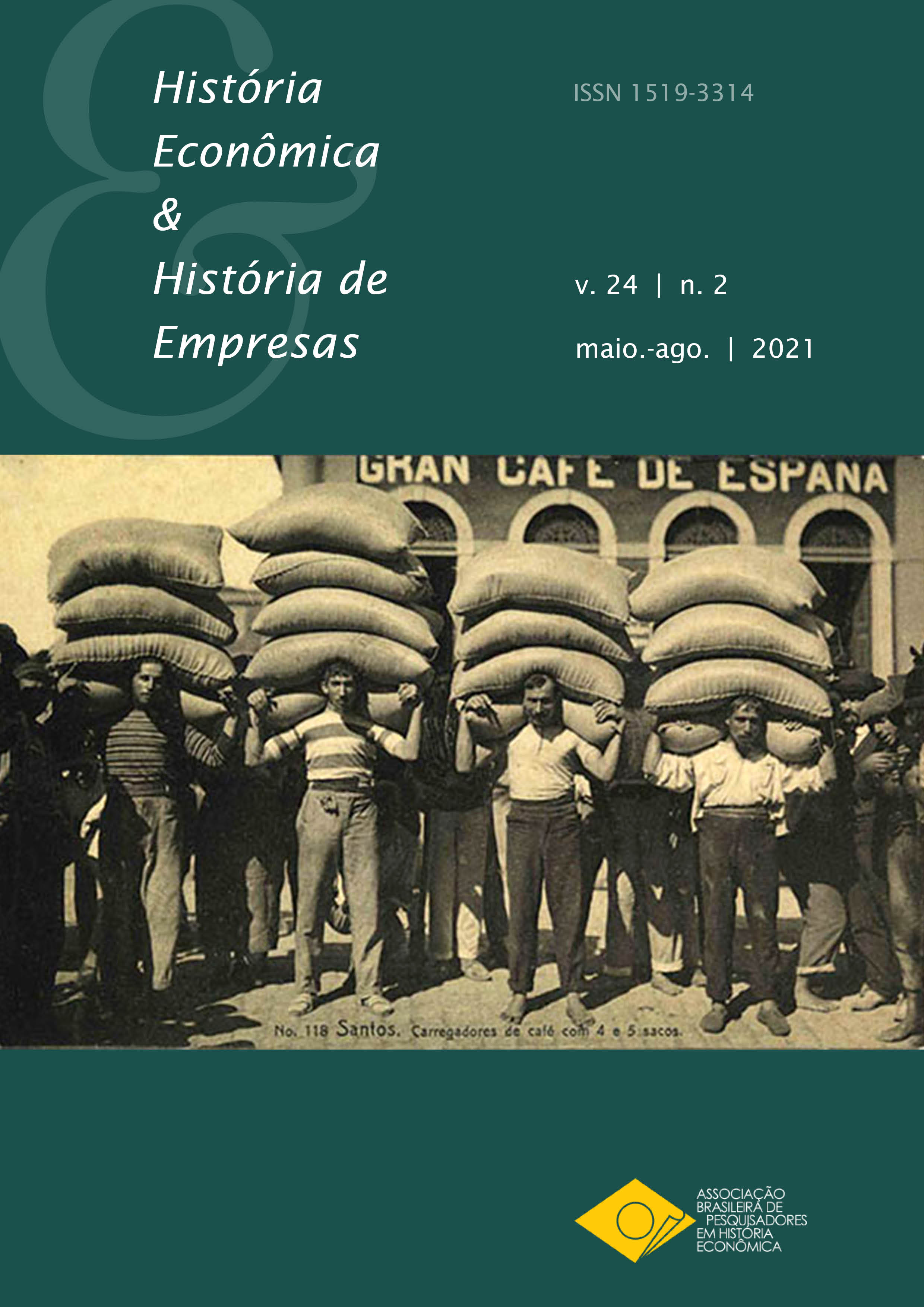Interpreters of Brazil: Influences on the origin of Brazilian Economic Thought
DOI:
https://doi.org/10.29182/hehe.v24i2.751Abstract
The late nineteenth and early twentieth century were marked by a profusion of attempts to give meaning to the sociability existing within the boundaries of what was understood as Brazil. Discover the meaning of Brazil was something so strong in social thought at the time that economic, political and artistic expressions were marked by this issue, without necessarily seeking nationalist or xenophobic references, although in some cases exploring them. Taking the historical time between the abolitionist movements and the Vargas Era as reference, this paper aims to recover in the thought of the interpreters of Brazil the configuration elements of Brazilian economic and social structures that gained centrality in their views and influenced the origin of Brazilian economic thought.
Downloads
Downloads
Published
How to Cite
Issue
Section
License
Os autores mantêm os direitos autorais sobre o trabalho, concedendo à revista apenas o direito de sua primeira publicação. Além disso, têm autorização para assumir contratos adicionais separadamente para a versão do trabalho publicada nesta revista, desde que reconhecida a publicação inicial neste periódico.





